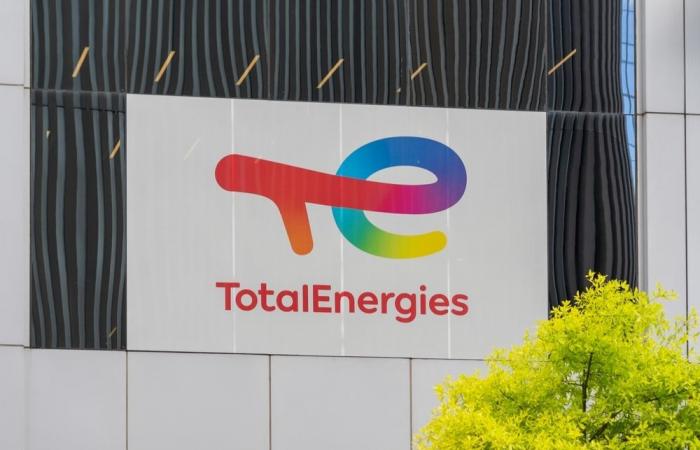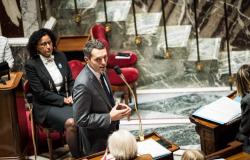The debate on Energy Savings Certificates (EEC) is heating up, and TotalEnergies finds itself at the center of the discussions. Following accusations relayed in a recent interview with the Minister for Ecological Transition, TotalEnergies published a press release to correct the facts and clarify its position. Let's come back to this matter and examine what these famous certificates represent.
Energy Savings Certificates: what are they?
Created by the State, the EECs aim to encourage companies to reduce their energy consumption by financing work to improve energy efficiency. In practice, energy distributors, such as TotalEnergies, are required to finance or initiate actions allowing energy savings. These actions, ranging from thermal insulation to the installation of economical systems, are governed by standardized technical sheets.
Each operation is rigorously audited by state-accredited control offices. This system, although virtuous, is not exempt from criticism, in particular on the reliability of audits or the risks of fraud in the implementation chain..
Accusations of fraud: sorting out fact from fiction
The current dispute is based on the cancellation of 32 global renovation operations carried out by TotalEnergies, representing a volume of 0.4 TWhc and a value of 2.8 million euros. The National Center for Energy Savings Certificates (PNCEE) disputes the initial consumption levels used in these files, deemed “overestimated”. However, TotalEnergies refutes these allegations by emphasizing that this data comes from independent and accredited research firms.
Key points:
• No financial sanctions were imposed : this is not a fraud but a divergence in calculation methodologies.
• An appeal to the Council of State was hired by TotalEnergies to contest these cancellations.
TotalEnergies’ commitments
Faced with the accusations, TotalEnergies reiterates its commitment to transparency and the fight against fraud. According to the group:
• Zero tolerance for fraud : any entity involved in irregularities is immediately sanctioned.
• Reinforced controls : in addition to state audits, TotalEnergies carries out internal checks and calls with beneficiaries to ensure the quality of the work.
TotalEnergies does not stop at simple defense and proposes reforms to improve the EWC system:
• Increased accountability : include all stakeholders (artisans, intermediaries) in controls, and not just energy suppliers.
• Strengthening audits : make work evaluation processes even more reliable.
The group also highlights its leading role in this area, having financed nearly 1.6 million energy efficiency operationssince 2022. These efforts aim to reduce energy poverty and accelerate the transition to less energy-intensive buildings..
What can we learn from this controversy?
The TotalEnergies case illustrates the challenges of the EWC system, where ambitious objectives come up against implementation problems. If the accusations made against the group raise questions, they also reveal the structural limits of a system which deserves to be strengthened for greater efficiency and transparency..
TotalEnergies is committed to actively contributing to this improvement, while continuing its efforts to support households in their energy renovation work. A case to follow closely in the months to come.






